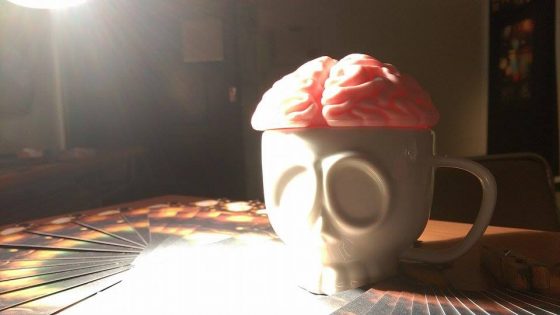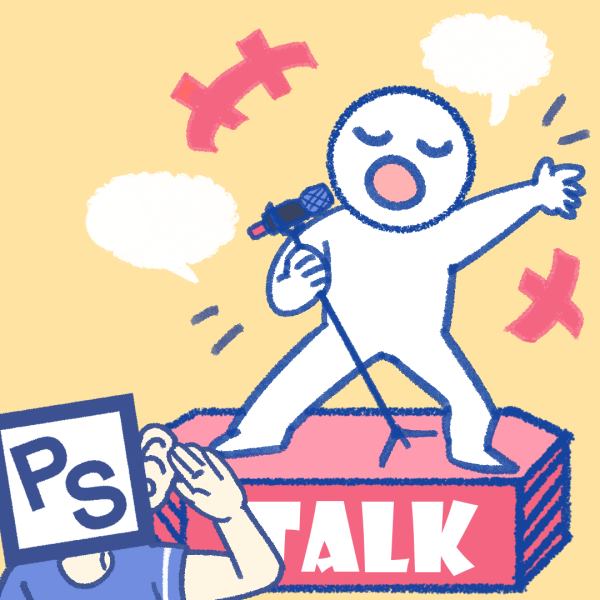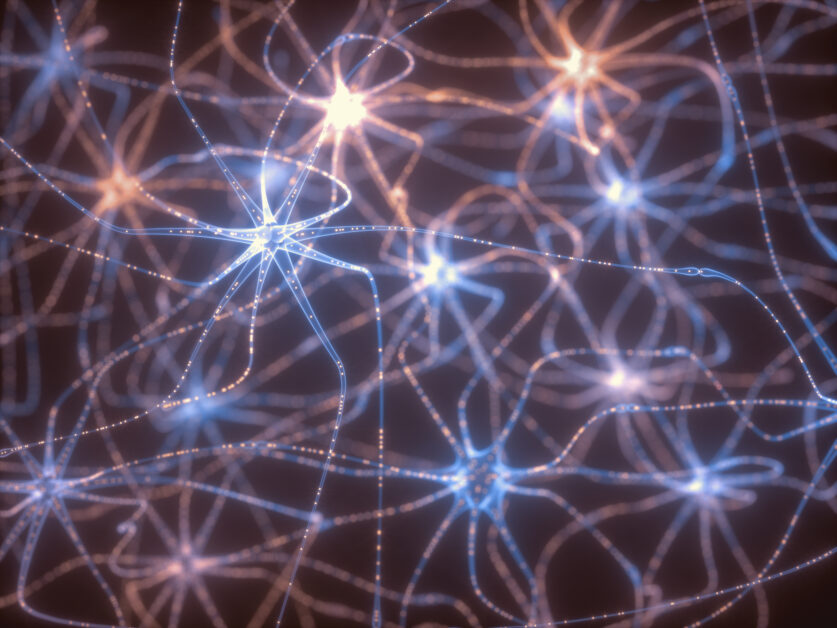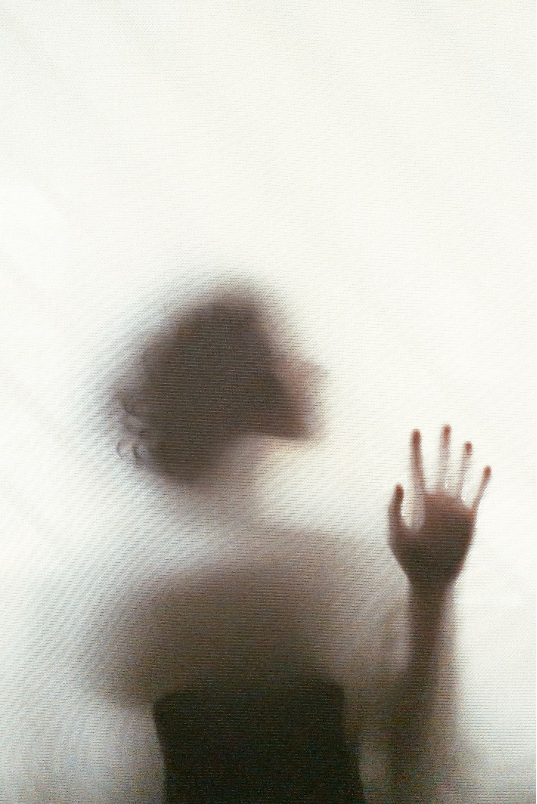
昨天,在台大的「心靈洞察與健康」課程上,老師提到了關於負面童年經驗(Adverse Childhood Experiences,ACEs)的研究。其中一個研究提到了,負面童年經驗會造成海馬迴萎縮[1]。這實在是一個很神奇的研究,為了搞清楚這到底是怎麼一回事,於是我秉持著心靈偵探的精神(?),耗盡一類組出身的大腦(攤),去翻了一堆神經心理學的paper,終於找到了一些可能的解釋。
原來,在壓力情境下,我們的大腦會促使腎上腺,分泌一種名為皮質酮(corticosterone)的物質。從大鼠的研究發現,這一種物質,會抑制海馬迴當中,大腦衍生神經滋養因子(brain derived neurotrophic factor,BDNF)的表現[2][3]。
BDNF有什麼功用呢?它主要的功能,顧名思義的,就是幫助大腦神經生長。它主要會作用於海馬迴(hippocampus)、皮質(cortex)、前腦基底核(basal forebrain)等部位,而這些部位主要和學習、記憶有關[4]。尤其是在海馬迴這個部位,BDNF的分泌,會增加海馬迴NMDA受體的活動,這對於海馬迴所掌管的空間記憶,具有非常重要的貢獻[5]。
而BDNF在發展上的關鍵期(critical period)尤其重要。所謂的關鍵期,指的就是「如果錯過了,就幾乎無法補救的發展階段」。在小鼠身上的實驗發現,如果小鼠先天就缺乏分泌BDNF的能力,那麼他們在大腦及感覺神經系統的發展上,會有很嚴重的問題,而且常常一出生沒多久就掛了[6]。關於關鍵期的研究,Roceri M等人在2002年所發表的一篇論文,更直指問題的核心:剛出生的大鼠,於出生的第九天和母親分離24小時,會導致成年之後,海馬迴的BDNF顯著減少。這是很驚人的研究,因為在發展上的關鍵期,母親消失一天的影響居然這麼大[7]。
而長期的BDNF分泌減少,更與海馬迴萎縮有明顯的相關。在長期憂鬱症患者(chronic depression)、重度憂鬱症(major depression)身上也發現,他們血液中BDNF的含量都明顯的比一般人低[8][9],導致海馬迴的萎縮[10]。綜合以上兩點,過去的研究也發現,九歲之前喪失雙親的其中一位,與罹患憂鬱症及躁鬱症(bipolar disorder),有著一定程度的相關[11]。
附帶一提,在壓力情境下,腎上腺還會分泌另一種賀爾蒙,稱為皮質醇(cortisol)。在正常情況下,海馬迴能夠調控皮質醇的分泌量,避免它分泌過多。但在壓力情境下,皮質醇會分泌過多,這也會影響海馬迴在儲存記憶(encode)以及提取記憶(recall)的表現[12]。
故事到這裡,可以說是告了一段落:童年的創傷(壓力)會導致皮質酮增加、BDNF減少,長期下來會使得海馬迴萎縮;尤其在發展上的關鍵期,這樣的現象尤其明顯。
延伸閱讀:
- Vythilingam, M., Heim, C., Newport, J., Miller, A. H., Anderson, E., Bronen, R., Brummer, M., Staib, L., Vermetten, E., Charney, D. S., Nemeroff, C. B., & Bremner, J. D. (2002). Childhood Trauma
- Associated With Smaller Hippocampal Volume in Women With Major Depression. The American Journal of Psychiatry, 159(12), 2072-2080. 2.Schaaf MJ1, De Kloet ER, Vreugdenhil E. Corticosterone effects on BDNF expression in the hippocampus. Implications for memory formation.Stress. 2000 May;3(3):201-8.
- Mark A. Smith,Shinya Makino, Richard Kvetnansky, and Robert M. Post. Stress and Glucocorticoids Affect the Expression of Brain-Derived Neurotrophic Factor and Neurotrophin-3 mRNAs in the Hippocampus. The Journal of Neuroscience, March 1995, 15(3): 1766-1777
- Yamada K, Nabeshima T (April 2003). “Brain-derived neurotrophic factor/TrkB signaling in memory processes”. J. Pharmacol. Sci. 91 (4): 267–70.
- Mizuno M, Yamada K, He J, Nakajima A, Nabeshima T (2003). “Involvement of BDNF receptor TrkB in spatial memory formation”. Learn. Mem. 10 (2): 108–15.
- Ernfors P, Kucera J, Lee K, Loring J, Jaenisch R (October 1995). “Studies on the physiological role of brain-derived neurotrophic factor and neurotrophin-3 in knockout mice”. Int. J. Dev. Biol. 39 (5): 799–807.
- Roceri M, Hendriks W, Racagni G, Ellenbroek BA, Riva MA. (2002). Early maternal deprivation reduces the expression of BDNF and NMDA receptor subunits in rat hippocampus, Mol Psychiatry 7:609-616.
- 夏天光 (2013)抑郁症患者血清脑源性神经生长因子、皮质醇及其比值的变化和临床意义。《河北医科大学》 2013年
- Karege F, Perret G, Bondolfi G, Schwald M, Bertschy G, Aubry JM.(2002)Decreased serum brain-derived neurotrophic factor levels in major depressed patients.Psychiatry Res. 2002 Mar 15;109(2):143-8.
- Warner-Schmidt J, Duman R (2006). “Hippocampal neurogenesis: opposing effects of stress and antidepressant treatment”. Hippocampus 16 (3): 239–49. doi:10.1002/hipo.20156. PMID 16425236.
- Agid O, Shapira B, Zislin J, Ritsner M, Hanin B, Murad H, Troudart T, Bloch M, Heresco-Levy U, Lerer B.Environment and vulnerability to major psychiatric illness: a case control study of early parental loss in major depression, bipolar disorder and schizophrenia.Mol Psychiatry. 1999 Mar;4(2):163-72.
- Kuhlmann, S., Piel, M., Wolf, O.T. (2005). Impaired Memory Retrieval after Psychosocial Stress in Healthy Young Men. Journal of Neuroscience, 25(11), 2977-2982.











































